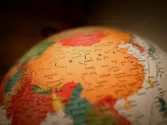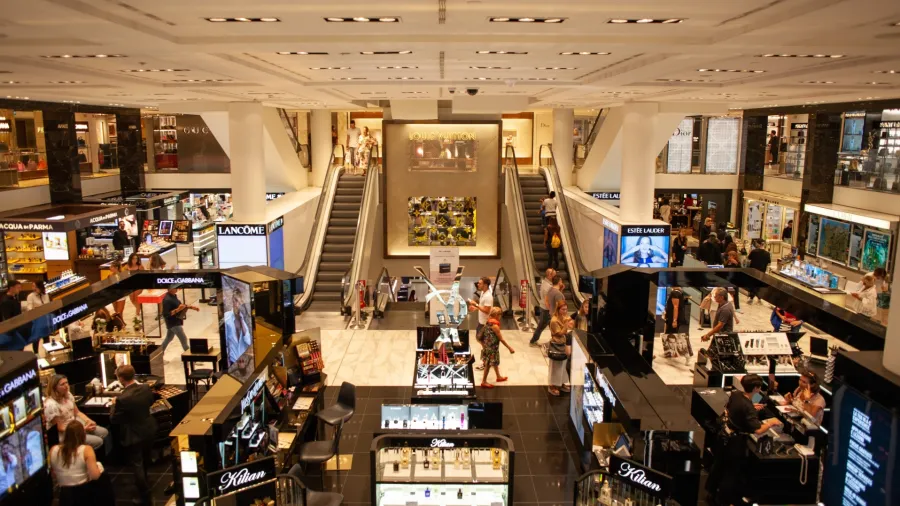
Tech adoption in luxury goods industry accelerates: report
This enhances customer engagement and operational performance amongst others.
The adoption of new technologies in the luxury goods industry remains low, but is seen to be accelerating, Bain & Company reported.
“The adoption of new technologies in the luxury industry is still in its infancy. They can play a central role in the profound transformation of the sector: at the service of customers, operational excellence, and sustainable development,” Mathilde Haemmerlé, partner in charge of the Luxury Goods practice at Bain & Company in Paris, said.
“The fields of application to be explored are still numerous and promising. The pooling of forces across the sector will be a powerful accelerator.”
Read more: Southeast Asia's luxury retail industry shows resilience: report
In a study for the Comité Colbert, Bain & Company found that on average, its member companies have adopted 2.3 out 16 new technologies.
These included biotechnologies, molecular recycling, 3D printing, artificial intelligence, and machine learning, amongst others. None of these were adopted by the majority of the sector and only RFID, 3D printing, and imaging have adoption of more than 30%.
“Creativity and an interest in novelty have always been essential characteristics of the luxury business model. Its ability to integrate new technologies in line with its own requirements is a testament to the great vitality and agility of our sector,” Bénédicte Épinay, General Delegate of the Comité Colbert, said.
“This acceleration will contribute to making luxury a pioneer in technological innovation, as it already is in non-technological innovation.”
On average, luxury houses are testing 3.2 additional technologies, involving emerging technologies, such as NFT, metaverse, blockchain, holography, haptic gloves, and screens.
Moreover, the study also found that customer engagement is the main focus of technology adoption in the industry.
The adoption of technology, particularly in China, was intended to personalise and enrich distance selling experiences.

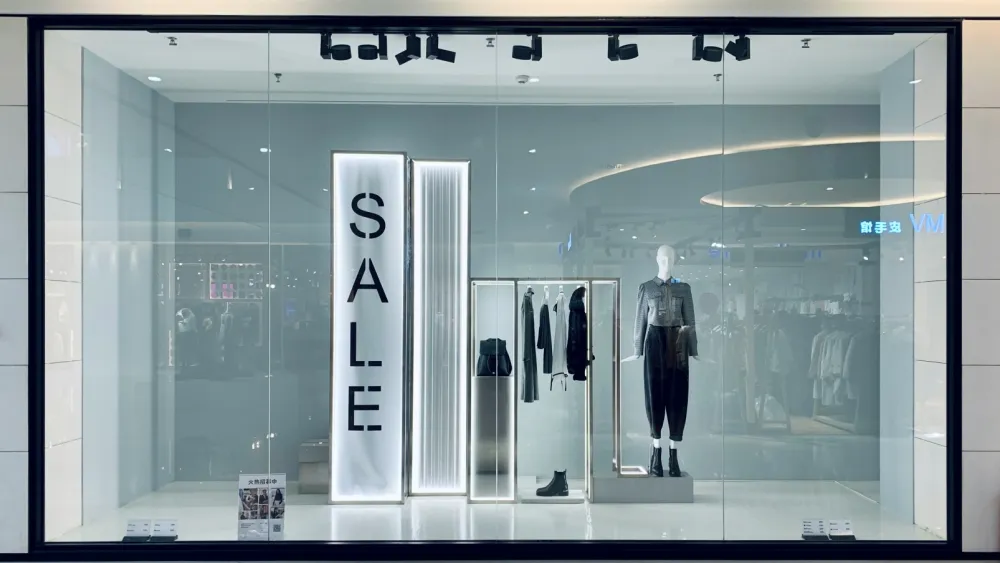
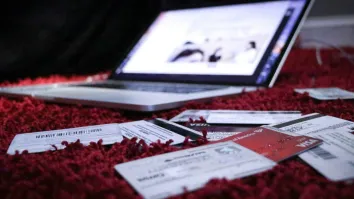
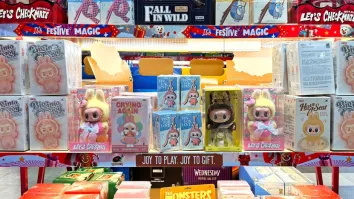

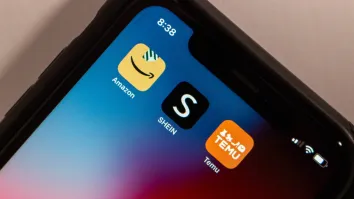













 Advertise
Advertise

